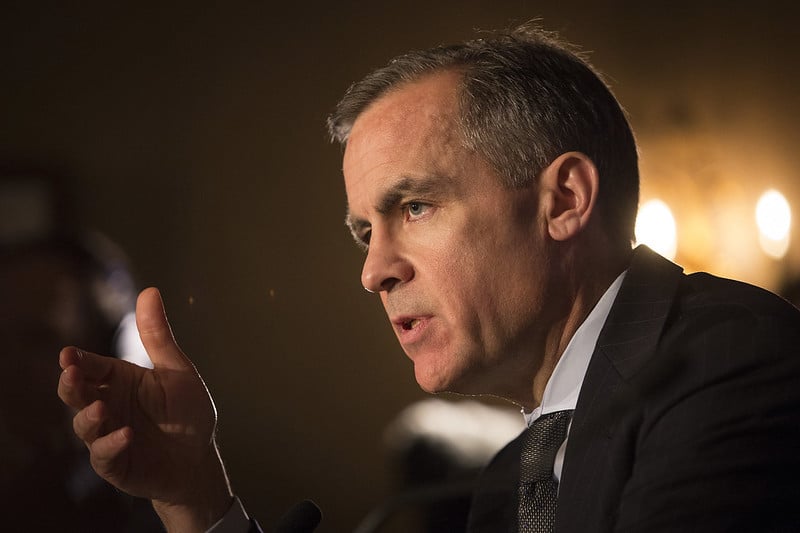Leaders of two UK environmental charities have written to Mark Carney, the UN climate envoy and former governor of the Bank of England, to raise concerns about a plan for carbon offsetting that could result in billions of new carbon credits being sold around the world.
—
What is Happening?
- The carbon credits plan outlines vast increases in the number of carbon offsets sold, aiming to expand the market from about USD$300 million currently to between $50 and $100 billion a year.
- Carney has denied that offsets are greenwashing and said that companies buying offsets in the market would be subject to scrutiny and must have clear plans to reach net zero.
John Sauven, the executive director of Greenpeace UK, and Craig Bennett, the chief executive of the Wildlife Trusts, wrote to Carney this week to raise concerns that the taskforce’s recommendations would not close loopholes in the carbon market. They wrote, “There is a danger that it becomes a large international greenwashing exercise, creating a market with low standards but high PR value.”
You might also like: China is Set to Lead the Push for ESG Investments in Asia
Sauven told the Guardian: “This initiative risks setting a terrible example ahead of the critical carbon market negotiations at the global climate summit in Glasgow later this year. [It] seems to have ignored past failures of offsetting schemes to guarantee emission cuts. At the same time, it assumes that the natural world has unlimited potential to absorb climate-wrecking emissions. It fails to acknowledge that the most important thing companies must do is to reduce their own emissions and use of fossil fuels. For as long as these critical issues remain unaddressed, Carney’s scheme will serve as a giant get-out-of-jail-free card for polluting companies. It will undermine tighter controls in international agreements while doing little to actually tackle the climate emergency.”
- Carbon credits or offsets are awarded to projects that reduce greenhouse gas emissions, for example by preserving forests or restoring natural landscapes. The credits are sold to companies, which count them towards their efforts to reach net zero emissions. Some credits come from certified international carbon trading schemes run by governments, but others are from the so-called voluntary market, which is largely unregulated.
- This voluntary market has been the subject of repeated controversies, in which credits were awarded to projects that did not reduce carbon dioxide, or credits were not properly traceable, were mis-sold or were double counted, and cases where forests supposed to be protected were logged.
- Proponents of carbon markets say that they form a vital source of funding for environmental restoration projects. Without this funding, it would be more difficult for developing countries to resist pressure from loggers and agribusinesses to exploit their remaining natural resources for money.
- Detractors of markets say that they are used as a cover by companies that want to give the appearance of environmentally friendly activities but would rather buy cheap credits to the more difficult task of cutting their emissions.
Featured image by: Flickr

















